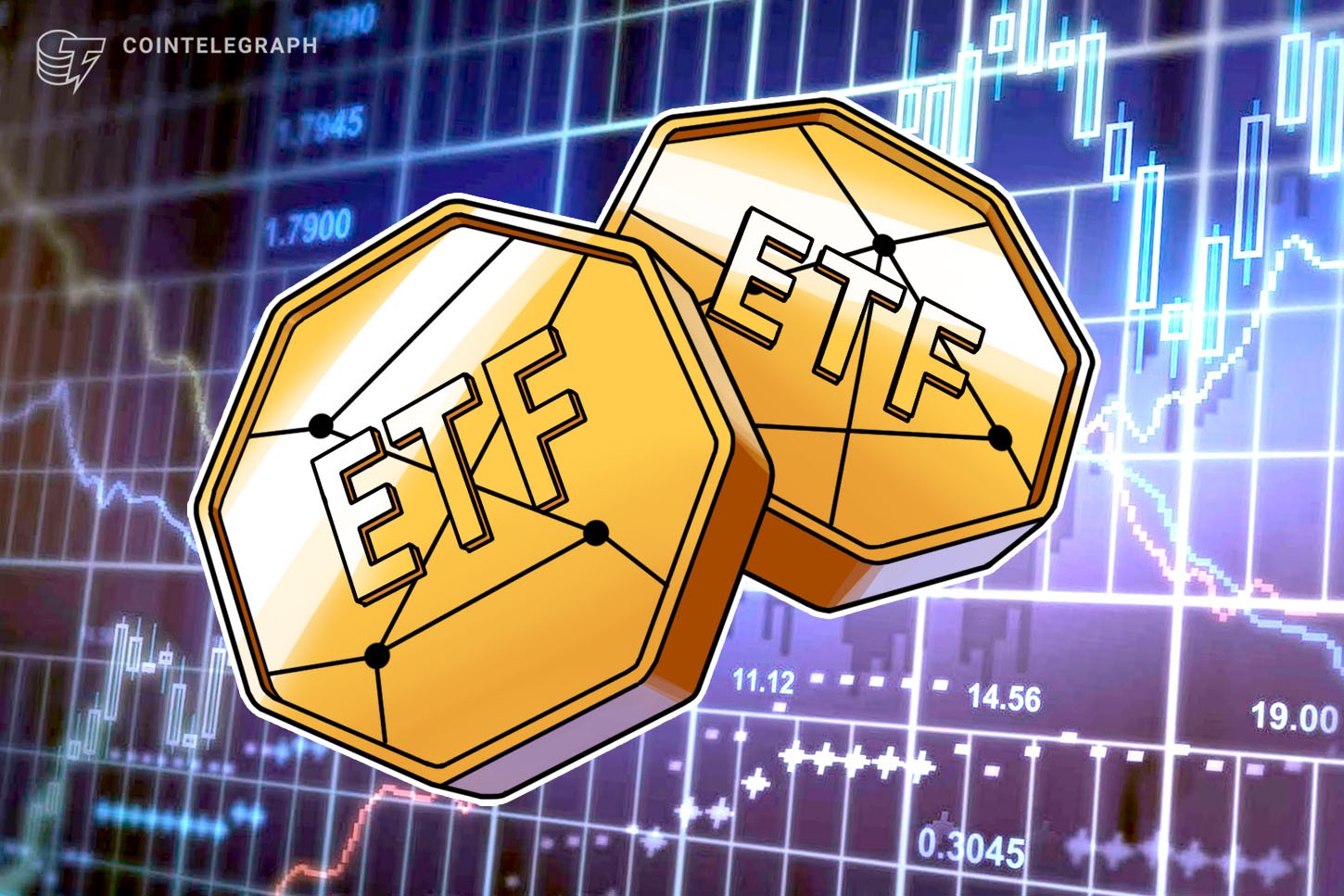Estonia-based digital trading platform DX.Exchange has added tokenized Exchange-Traded Funds (ETFs) to its services, according to press release shared with Cointelegraph on March 6.
The move involves the tokenization of popular ETFs, such as SPY, which represents the S&P 500, and QQQ, which backs the Nasdaq Composite at a 1:1 ratio. UWT (crude oil) and UDOW are among other ETFs offered on the platform. The ETFs offered can now be purchased both for cryptocurrencies and fiat during trading hours as well as after-hours.
According to the press release, the introduction of tokenized ETFs on DX.Exchange complies both with the latest guidelines issued by the European Securities and Markets Authority and with the EU Markets in Financial Instruments Directive II.
The chief operating officer of DX.Exchange, Amedeo Moscato, stated that he believes that the latest move by the EU-regulated company opens the world of popular financial assets to crypto holders. His statement reads:
“As of today, there’s over 130 Billion USD worth of Crypto that can now be invested in Digital Stocks and ETFs. Crypto investors who wished to hedge part of their crypto portfolio had only USD stable coins or limited options. Now they can invest in real world assets on the blockchain.”
DX.Exchange states that adding ETF trading to the platform will attract investors seeking to benefit from a lower-cost venue for executing their trades. Moreover, the decision will reportedly allow smaller retail investors or investors from developing countries to enter the market.
DX.Exchange first appeared as a concept in May last year and was launched in January of this year. The company uses Nasdaq’s Financial Information Exchange protocol to deliver its products.
As Cointelegraph wrote, the company initially proposed that crypto holders purchase tokens backed by stocks in various major companies, including Amazon, Baidu, Apple, Facebook, Google, Intel, Microsoft, Netflix, Nvidia and Tesla.
The trading at the Estonian exchange is currently only available for traders in the European Union. However, the company plans to make trading available to United States-based customers in 2019, according to a tweet from its co-founder and CEO in early January.


